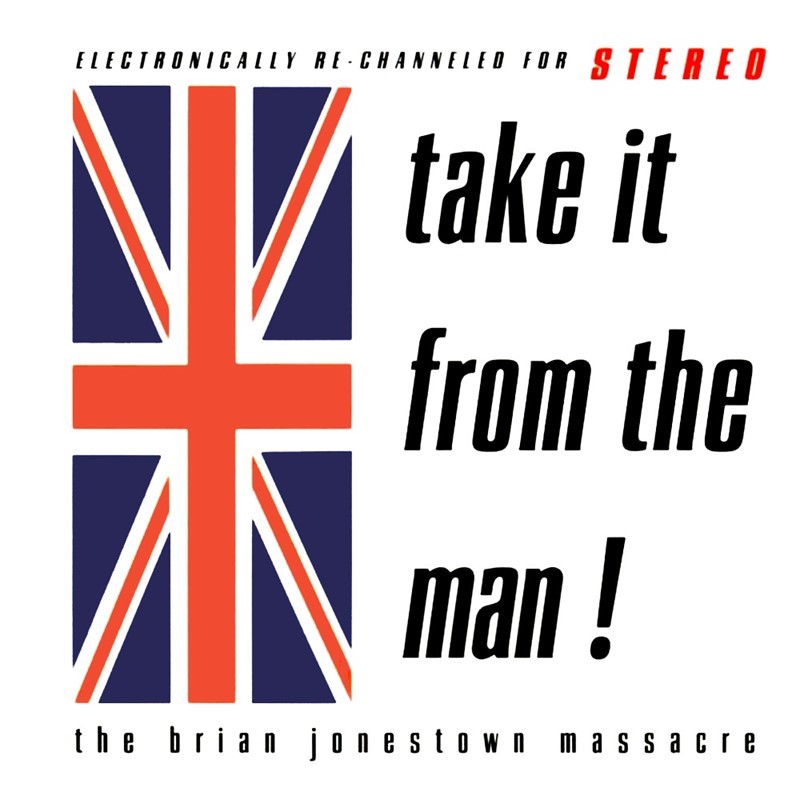by: Christopher Rockwell
Redemption, in the form of an album review. Phish’s Fuego…..
I am certainly one to admit when I am wrong. In fact, I kind of like it. There is something gratifying about owning up to a misstep. It enables a person to give credit where credit is due. To empower another, by granting them a simple, and appropriate, “you were right.” Owning up to your mistakes requires a measure of courage, and also demonstrates confidence, displaying that you have little to hide, strengthening your stance when you do choose to stand firm behind an opinion. It’s more often than not – the proper thing to do. Yet, while I am generally delighted to admit when I am wrong, this is not one of these times….
Following Phish’s performance of all new material during their most recent Halloween concert (where traditionally they perform another artist’s album in full), I laid into them – taking them to task over their decision. I held no punches as few were more disappointed than I. And it is surprising to me that after all this time, that rotten taste I was left with still lingers. But my concerns with the evening’s developments had more to do with the the absence of an exceptional tradition, than the shortcomings of the original material presented. This week those songs have been repackaged, and released on Phish’s 12th studio album entitled Fuego.This release brings with it the opportunity to experience these songs anew, removed from the taint of their Halloween show, and examine them in a whole new light.
Fuego finds Phish as impassioned as ever. Proving the old adage ‘teamwork makes the dream work,’ Phish’s latest studio effort is principally a democratic effort, as five of the ten songs were co-written by the four members of the band (Trey Anastasio and Tom Marshall wrote three songs, Mike Gordon and Scott Murawski wrote one song, and Page McConnell wrote one song.). Crafting an eclectic array of tracks, Fuego is a demonstration of veteran proficiencies, an album that can be viewed, in some ways, as one thirty years in the making. Remarkably, thirty years into their career Phish continue to challenge themselves, to grow and evolve, which is what continues to render them relevant, and altogether extraordinary.
Employing the well-pedigreed classic rock producer Bob Ezrin (Lou Reed, Pink Floyd (The Wall!), Alice Cooper), Phish attempted to capture the magic of their live experience. While this idea is a touch far-fetched, as Phish will never be able able to bottle up the grandeur of their live performances, Ezrin’s presence is strikingly palpable, as he molds this album with heavy, apt hands, demonstrated by the welcome addition of the Muscle Shoals Horns and deliberate use of background vocalists. Fuego is fresh, inventive, and vibrant, encompassing the strongest vocal arrangements of Phish’s career, and brimming with compositions sure to stand the test of time.
Fuego is an album that has something for everyone, verifying once again how dynamic of a band Phish are. The title track, “Fuego,” is a nine minute excursion, a perfect introduction that is as complex as it is uplifting. Assuredly a second set centerpiece for years to come, “Fuego” is a monster of a journey that commences the album with purpose. “The Line” follows next, a Steely Dan-esque ballad with dramatic undertones emphasizing those moments in life that can make or break us. “Devotion to a Dream,” an upbeat bluesy number is followed by the time tested, finely crafted, “Halfway to the Moon,” which invokes the spirit of classic Allman Brother tracks; a Page-penned vehicle with a brooding and adventurous groove amplified with finesse by Anastasio’s whaling guitar riffs.
Almost halfway into the album by now we encounter “Winterqueen,” a soft, affecting ballad ((“Winterqueen” made its debut over two years earlier as a TAB song on October 10, 2011.)) that allows us to catch our breath before the lighthearted yet energetic “Sing Monica,” jam-pop in all its glory. “555” is the required, yet welcome, Gordon track whose power is heightened by a soulful background choir and chorus of horns which leads us aptly into “Waiting All Night,” a beautiful, layered arrangement invoking the subtle hypnotic nature of songs such as “Roggae” and “Dirt,” a sure-fire come-down track in performance. And finally, we are handed the climatic “Wingsuit,” initially proposed as the album’s namesake, which peaks in a powerful burst of Pink Floyd-esque psychedelia. A worthy closer to a meticulously constructed album ((You may have noticed the absence of “Wombat” in the song rundown. An intentional overlook as I find “Wombat” to be the only misstep on the album. It’s cheeky lyrics are unbecoming when sung with such sincerity, and this funky ditty should have been withheld for the stage alone!)).
My gripes over Phish’s decision to play all new material during the second set of Halloween simply came down to a time and place concern. As in it wasn’t the time nor place. But it is funny to think about the profound divergence in feeling I have in listening to this album as opposed to when I was first introduced to the material. Fuego is Phish’s strongest studio album in years. One that finds a band 30 years into its career still sounding fresh, hungry, and inspired. Although my grievances with the decision on Halloween endures – one of the reasons to love Phish is that they take so many chances. And sometimes those chances pay off in spades. Fuego is one of those times.







That halloween show still stings bad! redemption is a strong word!!
What about Wombat? Worst track ever.
This new material stunk on Halloween, and it stinks on Fuego. Plenty of first set piss breaks this summer though: Sing Monica and The Line every 3 shows.